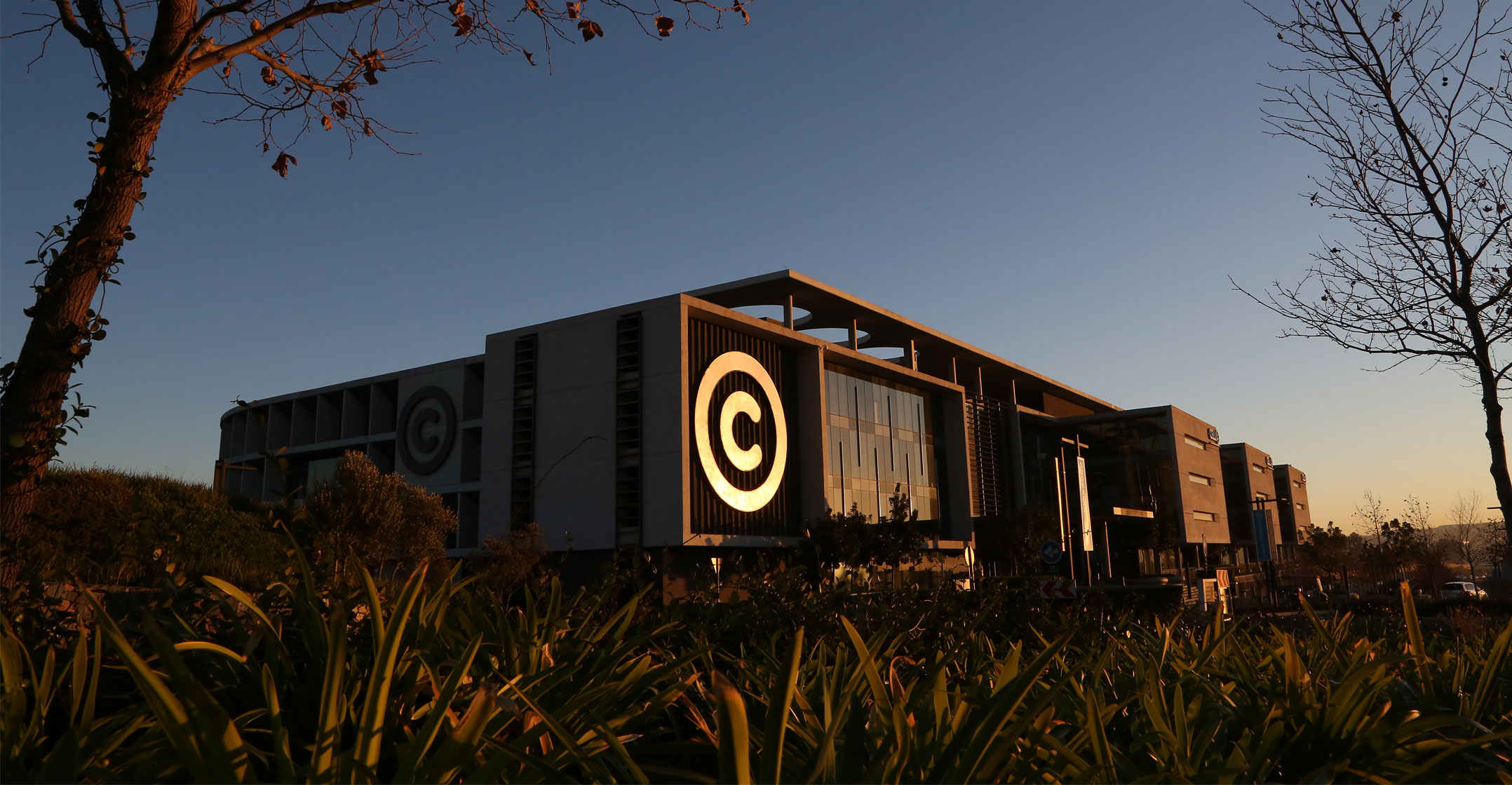
Mobile operator Cell C has reported an interim net loss after tax for the six months to June 2020 of R7.6-billion, but said this was mainly the result of once-off costs and adjustments and that normalised earnings actually grew by 64% to R1.8-billion.
The net loss after tax figure includes impairments to the value of R5-billion, Cell C said on Tuesday. Net loss after tax in the same period in 2019 was R875-million.
Revenue came in at R6.9-billion compared to R7.4-billion a year ago. More than 89% of its revenue came from service revenue, which was 6% lower at R6.5-billion, while hybrid and fibre-to-the-home services saw an increase in sales of 16.7% and 11.1% respectively.
And, although revenue from the wholesale business showed a 7% decline due to an “exit from wholesale agreements that diluted margins and congested the network”, the mobile virtual network operator portion delivered an 18% increase to R398-million. MVNO customers include the likes of First National Bank and Virgin Mobile.
“In line with management’s strategy to rationalise its subscriber customer base while retaining profitable customers, the prepaid subscriber base declined by 34.6% over a 12-month period. This translated into only a 9.9% decrease in prepaid revenue, while gross margin grew by 11.5% and prepaid average revenue per user (Arpu) increased by 26.9%. The rationalisation process translated into an overall improvement in the customer base and a further 4.8% increase in prepaid Arpu since the end of June 2020,” Cell C said in a statement.
Operating margin
Chief financial officer Zaf Mahomed said that despite the challenging circumstances that impacted on the commercial spend, the company was still able to improve its operating margin.
“The first six months of 2020 was characterised by the continuing slowdown in the economy which weakened general customer spend. We have taken active steps to reduce our focus on pure revenue and subscriber growth and have shifted to more profitable, long-term growth in the prepaid and contract segments. We were also able to generate R418-million more cash from operations compared to the previous period.”
Reported earnings before interest, tax, depreciation and amortisation was R1.2-billion, down from R1.4-billion. R5-billion worth of assets (network and right-of-use assets) were impaired due to the new MTN South Africa network deal. Earnings before interest and tax (Ebit) was a loss of R5.3-billion, compared to a profit of R90-million in the first half of 2019. Excluding once-off recapitalisation and restructure costs, Ebit for the first half of 2020 would have been at R162-million, an improvement of 80%, Cell C said.
 “We remain focused on restructuring the balance sheet and optimising the business for long-term competitiveness. We have a legacy debt challenge in our balance sheet rather than an income statement one, which will be addressed with the recapitalisation,” Mahomed said.
“We remain focused on restructuring the balance sheet and optimising the business for long-term competitiveness. We have a legacy debt challenge in our balance sheet rather than an income statement one, which will be addressed with the recapitalisation,” Mahomed said.
CEO Douglas Craigie Stevenson said Cell C’s focus will be on offering the right solutions and services and understanding the needs of its customers.
“To stay competitive, Cell C had to take a different approach against our large rivals who are all heavily invested in capital-hungry infrastructure – three operators with large scale infrastructure simply doesn’t make financial sense. Our vision is to be the biggest aggregator of wholesale capacity and customer to the infrastructure providers. We will collaborate on infrastructure but compete on products and services.” — © 2020 NewsCentral Media




